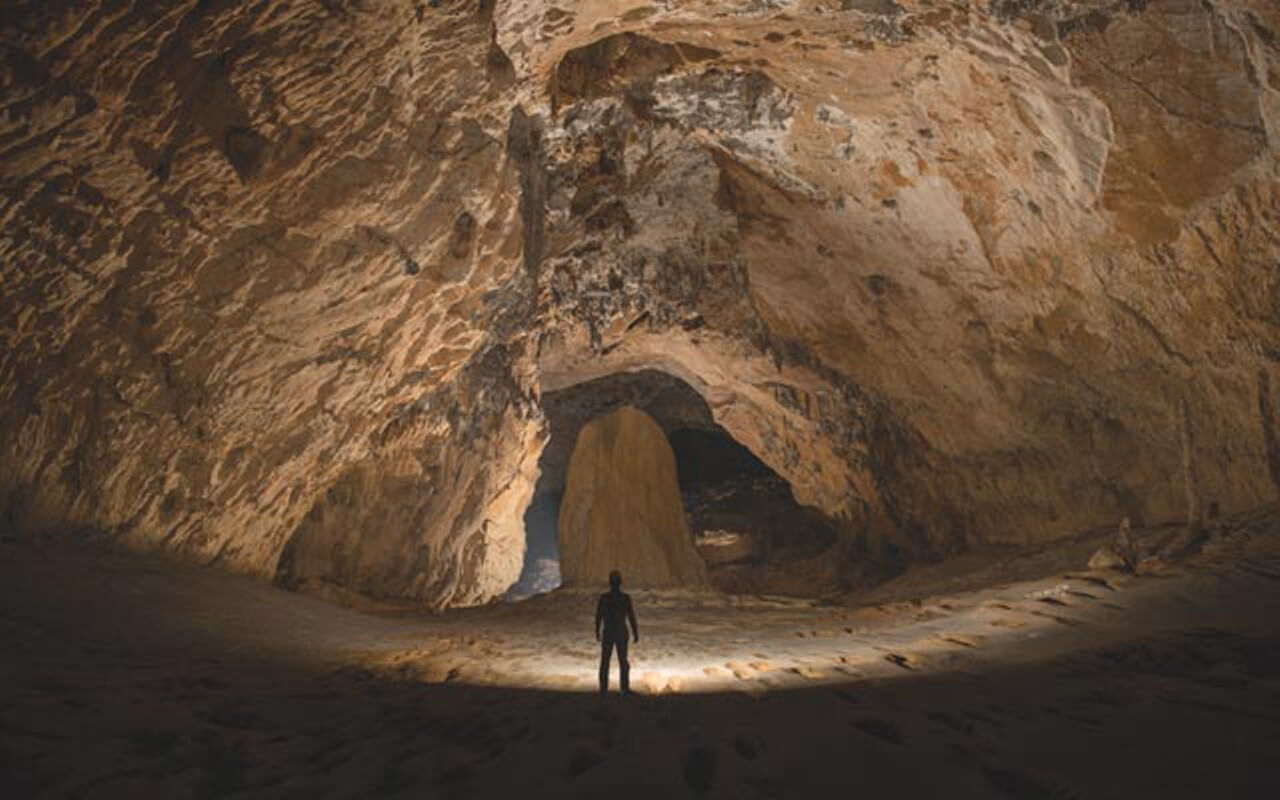Just when you thought you had everything figured out about the human race, a massive discovery comes along and slaps you in the face. In 2013, Lee Berger and his team discovered some bones in the Rising Star Cave just outside of Johannesburg, South Africa. Two years later in 2015, Berger’s team announced the discovery of an entirely new human species. Called homo naledi, these humanoids loosely resemble current human beings at five feet tall with similar leg and foot structure. However, their brain size resembles that of an orange and their hands are locked into a curved shape.

What makes this discovery so special is how homo naledi handled their dead. Up until now, scientists believed that human beings were the first group to conduct burial rituals with dead friends and family. Berger’s team discovered the remains without any damage resulting from outside influence, leading to believe that they had discovered a burial chamber. Berger released the following quotes about his discovery:
“””Until the moment of discovery of ‘naledi,’ I would have probably said to you that it was our defining character. The idea of burial of the dead or ritualized body disposal is something utterly uniquely human.””
“”It absolutely questions what makes us human. And I don’t think we know anymore what does.””
“””This is like opening up Tutankhamen’s tomb,” he said. “It is that extreme and perhaps that influential in this stage of our history.””
Berger’s task of finding the humanoids was not an easy one. The cave system stretched for a 100 yards within tightly-knit quarters. Berger had to take to social media to find scientists that would be able to find their way through the narrow passages. In going through the efforts, the team of scientists changed the way that we now have to look at the timeline of our evolution. Berger also voiced more excitement about the potential of new discoveries. What else can we discover that may lead to the changing of our history books?
(Thanks to CNN for the story and quotes).






